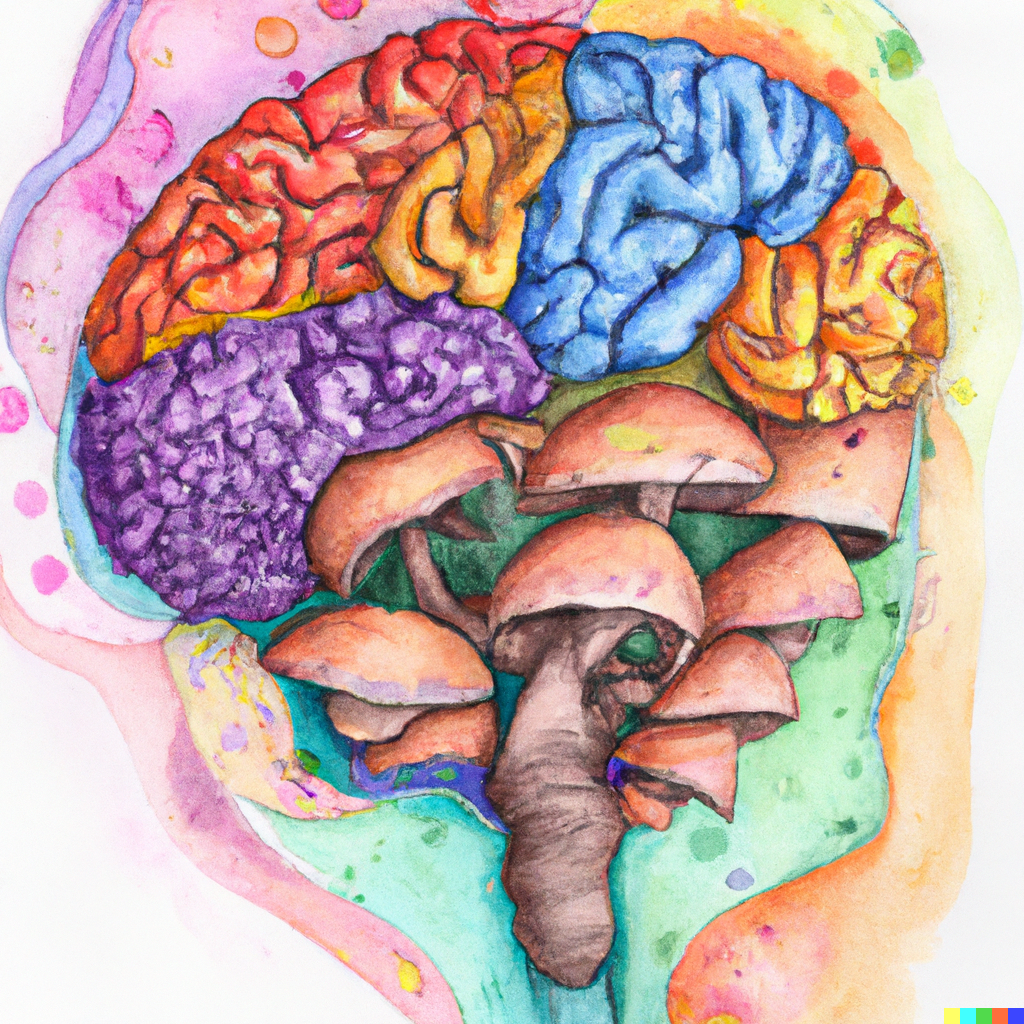There is a growing interest in the psychiatric properties of the dissociative anesthetic ketamine, as single doses have been shown to have fast‐acting mood‐enhancing and anxiolytic (anti-anxiety) effects, which persist for up to a week after the main psychoactive symptoms have diminished.
Therefore, ketamine poses potential beneficial effects in patients with refractory (treatment-resistant) anxiety disorders, where other conventional anxiolytics have been ineffective. Ketamine is a noncompetitive antagonist of the N‐methyl‐d‐aspartate (NMDA) glutamate receptor, which underlies its induction of pain relief and anesthesia.
However, the role of NMDA receptors in anxiety reduction is still relatively unknown. To fill this paucity in the literature, this systematic review assesses the evidence that ketamine significantly reduces refractory anxiety and discusses to what extent this may be mediated by NMDA receptor antagonism and other receptors.
We highlight the temporary nature of the anxiolytic effects and discuss the high discrepancy among the study designs regarding many fundamental factors such as administration routes, complementary treatments and other treatments.


